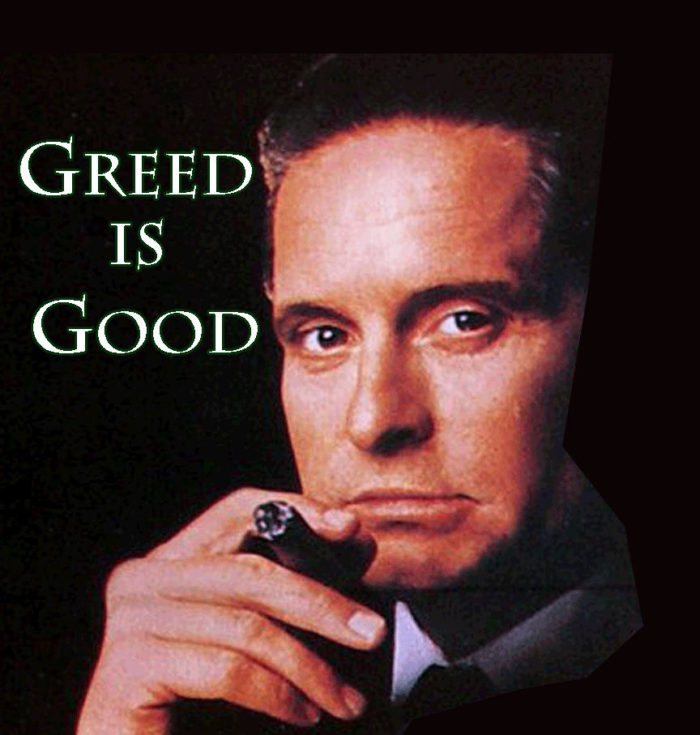How to Create a Successful Disaster.
 Some months ago, CSX found itself with a new boss when Hunter Harrison became President and CEO of the railroad. Shortly after assuming control, in a performance worthy of Gordon Gekko, Harrison effectively nullified all the work that had been done to reintroduce passenger service between New Orleans and Orlando.
Some months ago, CSX found itself with a new boss when Hunter Harrison became President and CEO of the railroad. Shortly after assuming control, in a performance worthy of Gordon Gekko, Harrison effectively nullified all the work that had been done to reintroduce passenger service between New Orleans and Orlando.
Indeed, figuratively speaking, Harrison flipped the bird to the FRA, to at least one U.S. senator and a couple of congressmen, to mayors and town council members from dozens of towns along the proposed route, to the National Association of Railroad Passengers, and to literally thousands of ordinary folks who contributed their time and money in support of restoring train service.
The sticking point, of course, is what will CSX have to be paid to make the necessary improvements to the infrastructure in order to accommodate passenger trains. Through lengthy negotiations, that amount had been reduced from $2.3 billion to somewhere around $800 million. That’s when Harrison, the new sheriff, arrived in town and said, “It’s $2.3 billion. Take it or leave it.”
He then began what people like him do in order to create the appearance of a quick financial turn-around: he started cutting costs. As is always the case, there were objections, most of which came from the International Association of Sheet Metal, Air, Rail and Transportation Workers, mercifully known as SMART. That’s the union representing CSX employees.
In a letter to Harrison, the union said that it “refuses to accept responsibility for disruptions that negatively affect the customers when we have no input on operational changes. We receive minimal, and in most cases, no communication from any department about the significant changes being implemented almost daily.” SMART’s primary complaint is that Harrison’s significant changes had been implemented despite several request that the union be involved in developing the cost-cutting plan.
Unwilling to leave bad enough alone, that prompted Harrison to send a letter to CSX customers in which he blamed the union whose “resistance to change has resulted in some service disruptions” . . . the not-so-subtle implication being that union members had deliberately disrupted railroad operations.
The union hotly denies that, of course, and says that when upper management begins making changes to complex operating procedures without at least asking for input from the rank-and-file people directly affected, it’s asking for all kinds of trouble.
In the meantime, restoration of passenger service between New Orleans and Orlando has fallen far down the list of CSX priorities. Once again, when giant egos cause avoidable controversy, the public gets screwed. There’s a lot of that going around.



